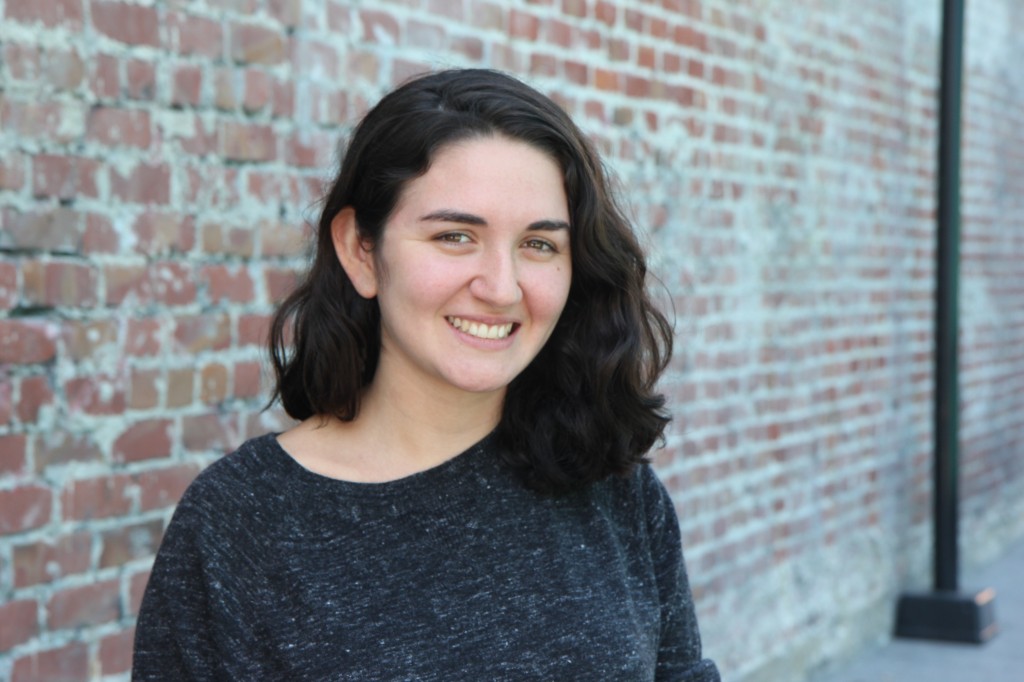Share this story:
My whole life, I’ve always been the girl who’s white face didn’t quite match my last name — “Cueva”.
In my family we always celebrated our identity: My mom’s Jewish and my dad’s Peruvian.
Sometimes my dad tries to say things in Yiddish. Words like schmatta, except for with his Spanish accent. My mom calls that meshugganismo — combining the Yiddish word meshugganah, meaning crazy, with the Spanish ismo…meaning ism. Quirks like this always come up in my family all the time.
Ever since I can remember, my mom has always searched for things that connect our Jewish and Latino identities. But out in the world, I often face identity policing. Because I pass as white, people ask if I’m actually a person of color or not. So I’m constantly having to prove my Peruvian heritage. Like having to tell my dad’s immigration story soon after I meet people. I call it “coming out as mixed.”
The question of who I am has come up throughout my life, like when I moved to go to Ithaca College in New York.
When I first met my freshman year roommate, we were on a long walk together around our dorm, clicking on how much we had in common. I knew one thing was lingering on her mind though. She was a woman of color but was I? She mentioned going to school with a lot of white students and how difficult that was as a young black girl. Then she got a curious look in her eye, and with some hesitation and raised eyebrows, she asked me —“So, like what are you?”
Now she’s one of my best friends.
What’s difficult for most people to understand is that passing doesn’t automatically make me feel white, nor does being mixed make me feel that I can choose between my identities. They both define me.
Still, I can’t deny my whiteness, because that means denying the privileges I have as someone who can pass as white. But I can stop worrying about how people might be categorizing me, and learn to love the complexity of it all.
